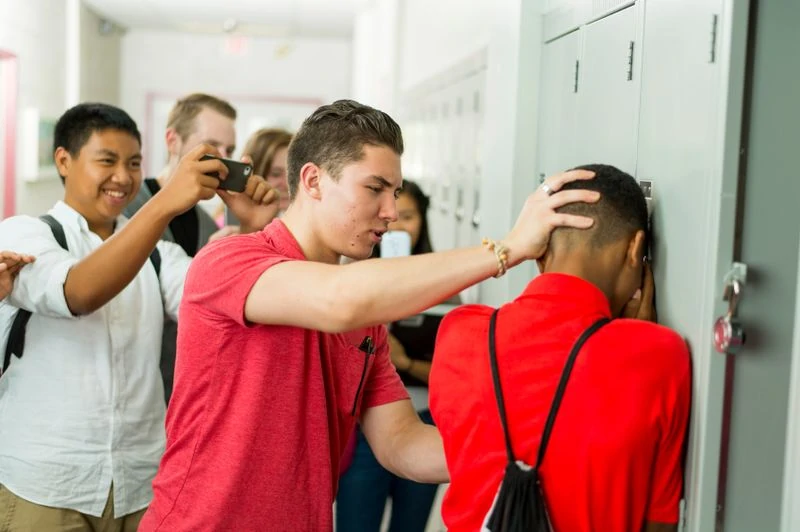“I am really beginning to understand what triggers me,” a 13-year old client recently told me. “I’m starting to recognize when I’m getting agitated. When I do, I use my breathing and my thoughts to manage my emotions, just like you taught.”
It’s a blessing and a privilege to hear such things from the amazing teens with whom I work. I see how the mindfulness, yoga, and self- awareness practices have become life skills they use to navigate difficult situations. I imagine what they’ll be able to do in the world with the self-awareness and empathy that they’re developing.
They share their poetry, music, art, and visions of a more positive future. I begin to think of each strong, creative expression as a whisper, offering solutions to others. The whisper spreads until the world begins to transform.
What’s certain is that these young people inspire me – and challenge me to be more open-minded, playful, creative.
Strength, Initiative, Resilience

“A new generation of Americans is on the rise,” the president of Northeastern University has said: “highly entrepreneurial, pluralistic, and determined to take charge of their own futures.” More, it’s a generation who wants to make things better.
Research by Campus Intelligence notes that this generation represents a shifting relationship to service and volunteering, with more young people focused on solving a problem than serving a need. “They don’t see serving their communities as an event outside of their other life experiences. They plan to work in careers that positively impact the world. With their interest in invention and social entrepreneurship as a way to contribute to addressing social issues, serving the community and going to work are likely going to be one in the same.”
After all, notes one Millennial writer, “this generation [is] the first to come of age with an understanding that ecological collapse is not a dystopian movie premise but a real likelihood.”
Its members appreciate that their full lives will unfurl in a state of emergency. Driven by that knowledge, they look down, sure, but more often and more powerfully they look out; the Gen Z I know is comprised of bold and original thinkers.
That’s the Gen Z I know, as well. And as we’ve discussed before on this blog, it’s one reason why we do well to nurture their leadership skills, as well as self-care abilities and interpersonal skills. These are gifts we can give to help them as they find their calling in this world.
Against Pessimism
Of course, it’s not just youth who are faced with a world of challenges that could very well inspire despair. We’re all affected. Climate change. Perpetual wars abroad. Ever starker political division at home. Economic inequality. Racial injustice.
The list could go on for days.
Yet the fact that we can see younger generations stepping up and striving for change is one huge reason for hope. And it’s not the only one.
“In the long arc of human history,” wrote Nicholas Kristof in a wonderful year’s-end essay for the New York Times, “2019 has been the best year ever.”
The bad things that you fret about are true. But it’s also true that since modern humans emerged about 200,000 years ago, 2019 was probably the year in which children were least likely to die, adults were least likely to be illiterate and people were least likely to suffer excruciating and disfiguring diseases.
Kristof rightly acknowledges that it can feel “uncomfortable” to point out the good when so much remains so wrong. But to not do so can fuel “deep pessimism about the state of the world” that is ultimately
paralyzing rather than empowering; excessive pessimism can leave people feeling not just hopeless but also helpless.
Indeed.
It’s not just kids, after all, who need to be reassured – especially during times of trouble or trauma – that there are, in the words of Lynea’s first children’s book, good people everywhere. Not only do we need to feel hope; we all need a sense of safety and stability. By keeping our focus on the positive things happening around us and accepting them with gratitude, we can find inspiration.

Here’s an experiment to try this year: Each week, on a small piece of paper or note card, write down one good thing that happened during the past 7 days. Fold the paper and place it in a jar. At the end of 2020, open the jar and read through your year.
I think you’ll be amazed by how amazing your year looks.
Future image by Nick Youngson, via Alpha Stock Images; CC BY-SA 3.0





